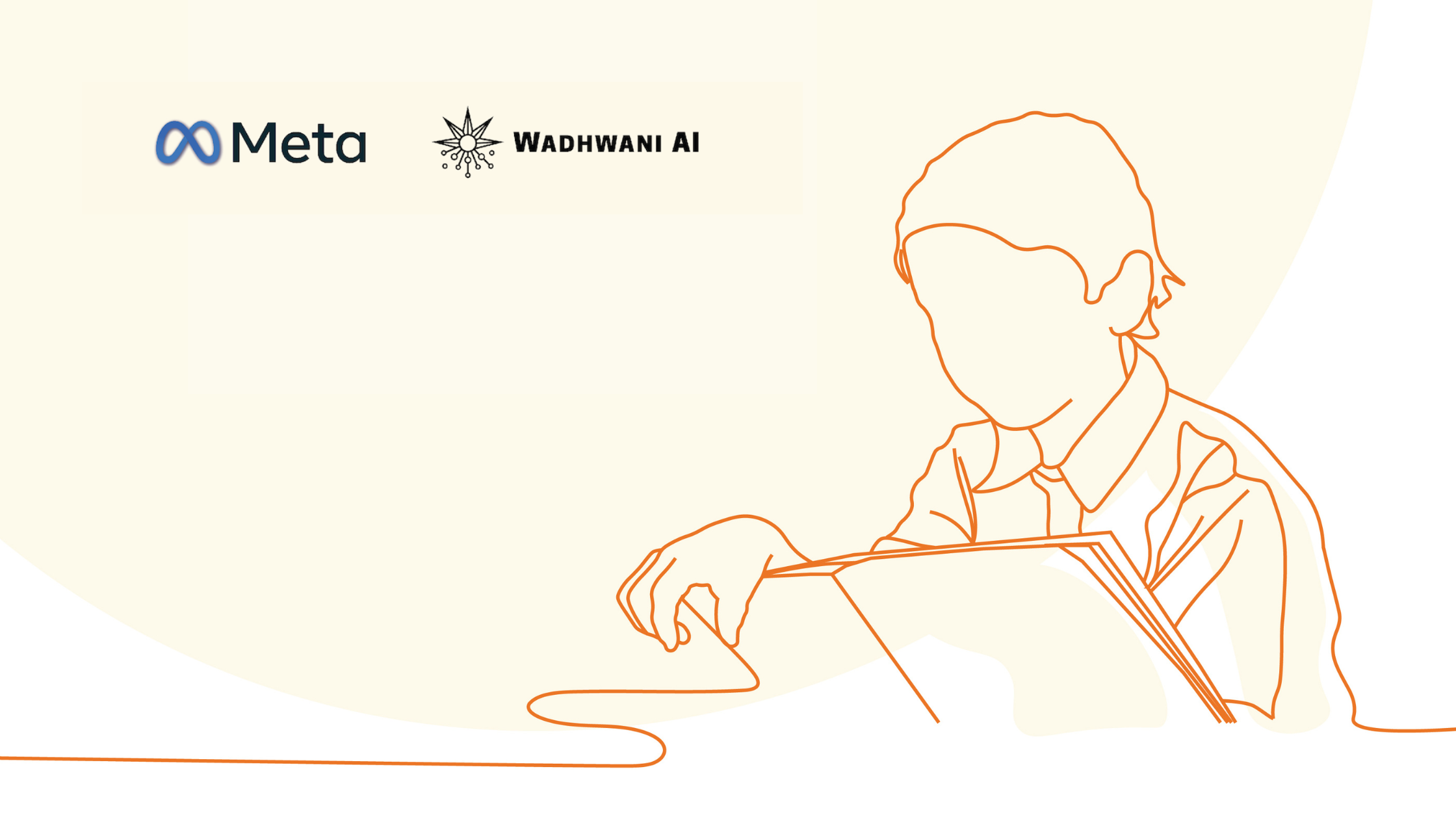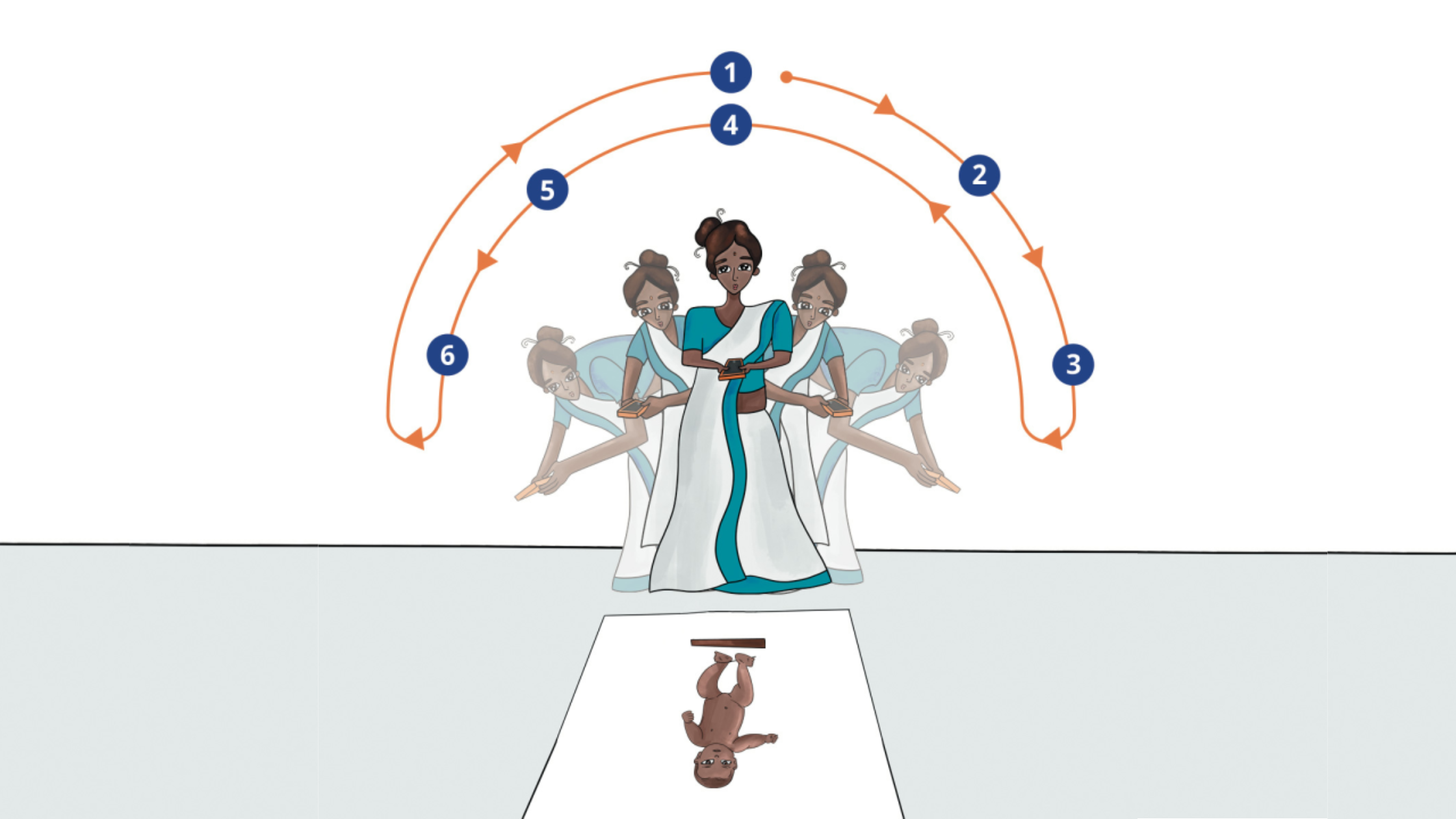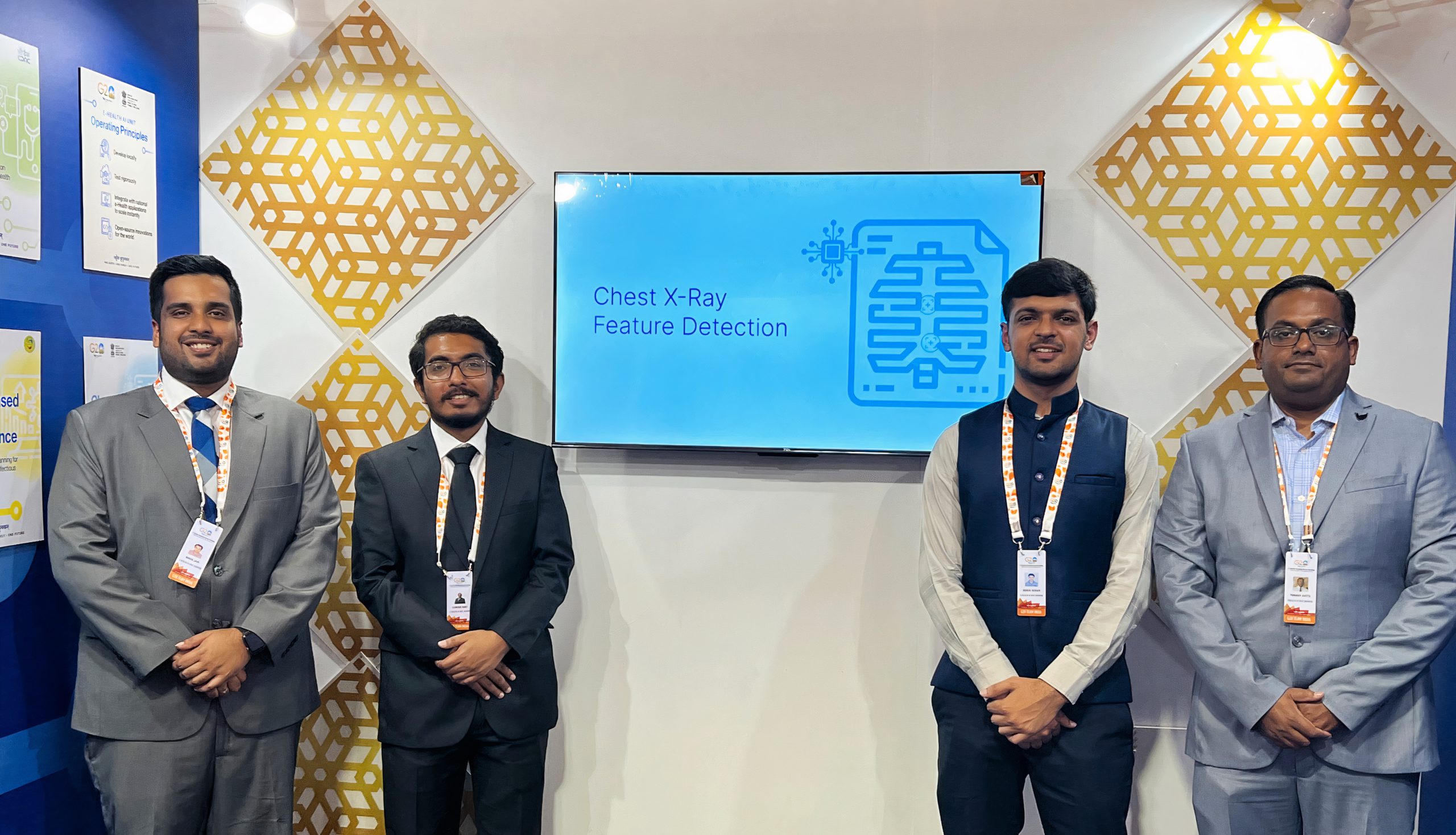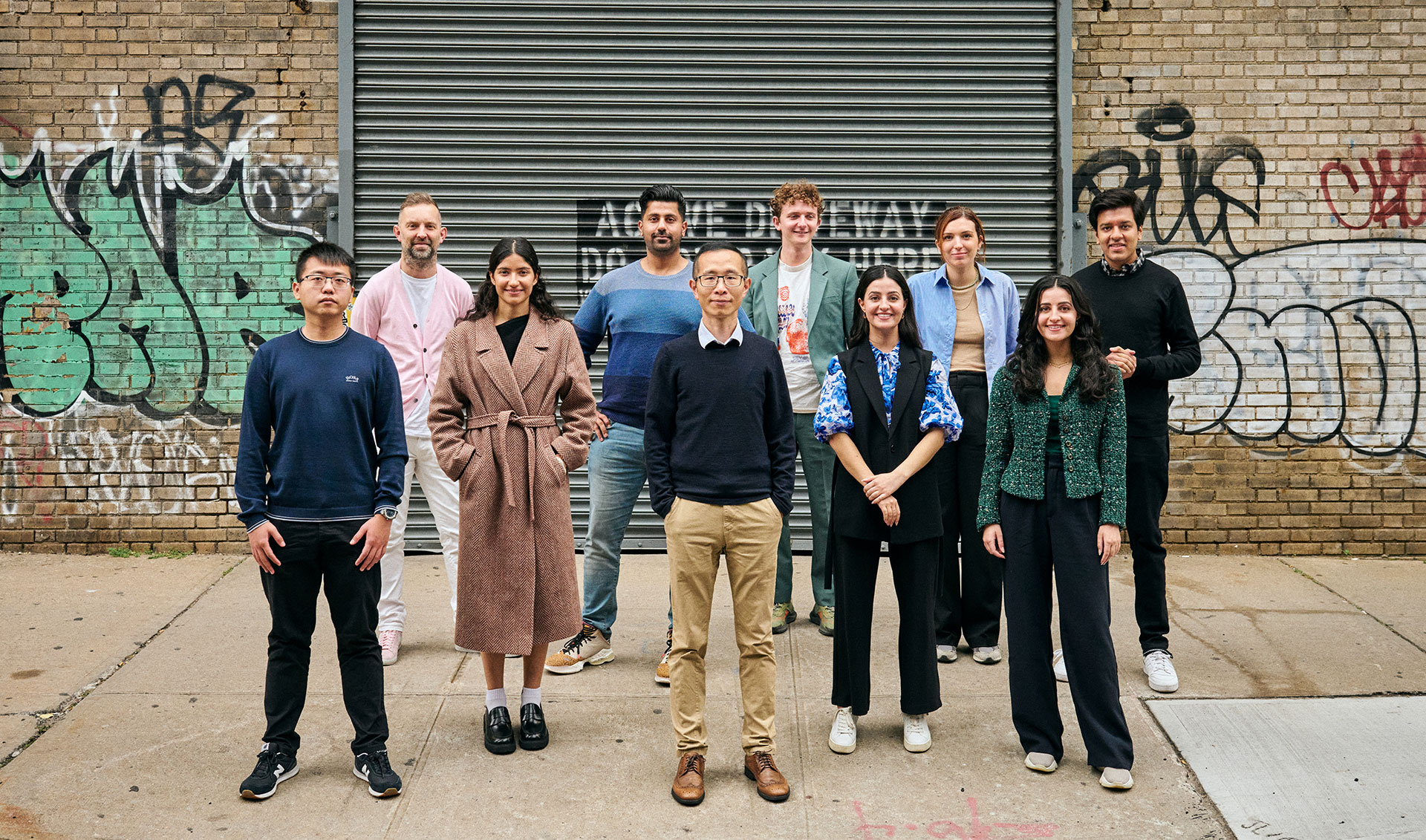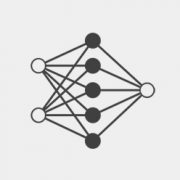The Global Change Award (GCA) was launched by the H&M Foundation as the first innovation challenge of its kind back in 2015. In the seven years since, they have received over 20,000 entries and awarded over 30 disruptive innovations from across the world with a combined grant of 6 million euro.
In contrast to previous years, the GCA 2022 takes a more holistic approach in order for the fashion industry to achieve fundamental change before 2030 and fulfil the UN Sustainable Development Goals. The winning innovations of 2022 are not only focused on making the fashion industry circular, but also address one or several of the earth’s global commons — land, water, oceans, climate and biodiversity.
We are thrilled to be among the winners of the Global Change Award in 2022. The award recognizes the impact and promise of our CottonAce solution: an AI-powered early pest warning and advisory system for cotton farmers. The solution aims to reduce pesticide use, increase crop yield and raise incomes for smallholder cotton farmers.
Being a part of the GCA cohort and availing of the industry interactions, support and mentorship that it offers will help drive us further towards realizing our goal of improving the lives of cotton farmers in India and other developing nations.



